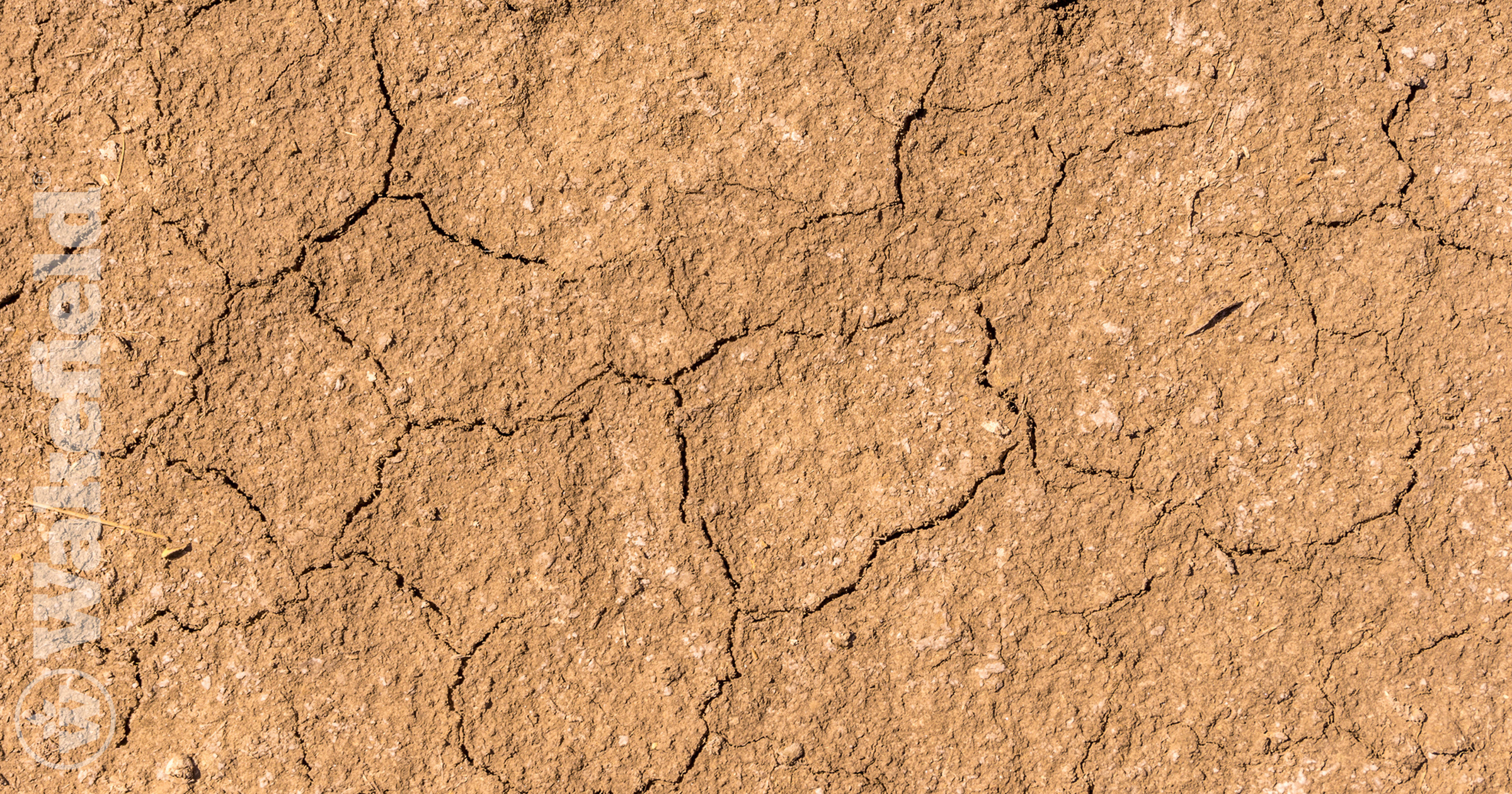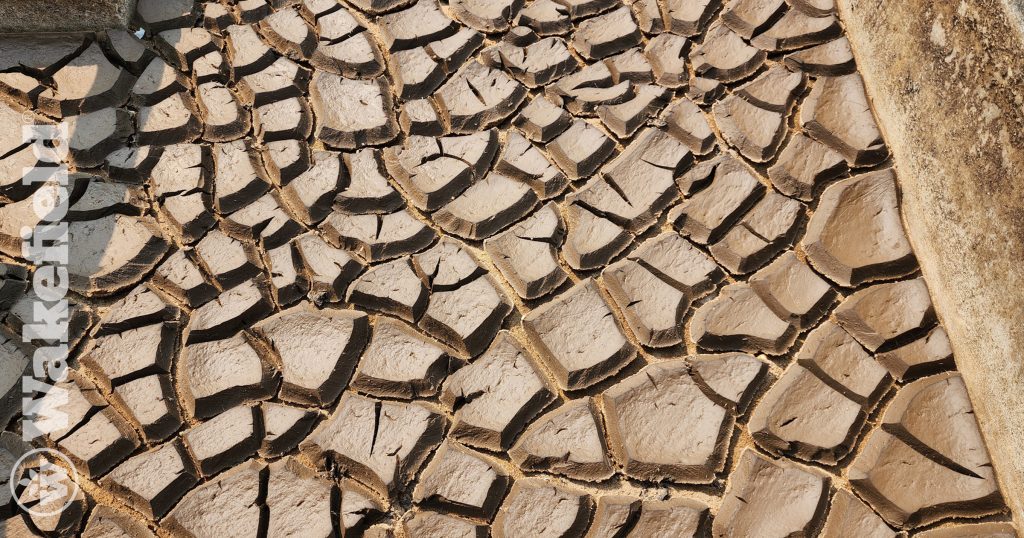Silty Soil Conditions

Silty soil forms when water, ice, or glaciers erode rock. As these tiny fragments move with flowing water, they become even smaller by scraping along stream beds, eventually turning into silt particles.
Soil texture refers to how soil retains air and water. The size of silty soil particles falls between sand and clay. While individual particles are hard to see with the naked eye, they must be under 0.005 centimeters or 0.002 inches. Soil with more than 80 percent silt content is considered silty, but remember, it also contains a mix of clay and sand.
Silt can fill in lakes and wetlands when it settles in still water, and flooding causes it to collect along riverbanks. When rivers empty water and sediment into another body of water, deltas form. The Mississippi Delta, for example, consists largely of silty soil and is home to some of the nation’s most fertile farmland.
Positive Characteristics of Silty Soil
Silty soil has many benefits:
- Good water retention and aeration: This soil type holds water well and allows air to circulate, promoting healthy root growth.
- Nutrient-rich: It contains many minerals and retains nutrients, which is great for healthy plant growth.
- Easy to work with: It’s a forgiving soil for gardening. When wet, it is slippery but does not clump like clay. When dry, it is soft and fluffy, unlike sand, which crumbles easily.
Challenges of Silty Soil
Despite its advantages, silty soil does have some challenges:
- Prone to erosion: Due to its fine particles and low organic matter, silty soil is easily eroded.
- Compaction: This soil type is vulnerable to compaction because of its fine particle size.
- Drainage concerns: Since silty soil retains moisture easily, it can have drainage issues, and compaction can make this worse.
- Nutrient imbalances: While silt is fertile in riverine conditions, the average garden or agricultural field may need soil amendments to correct nutrient imbalances and improve plant nutrient absorption.
Amending Silty Soil
Biochar is a sustainable solution for improving silty soil. As a soil amendment, it increases nutrient absorption, leading to healthier plants and higher crop yields. It encourages soil microbial activities, which improves nutrient cycling and availability. Additionally, biochar helps alleviate compaction by supporting soil stability and filtering pollutants, including heavy metals and other contaminants.
Learn More from Wakefield BioChar
At Wakefield BioChar, our premium biochar helps increase water retention and boost microbial activity to provide more nutrients. Our compost and biochar with mycorrhizal fungi support seed germination and strengthen roots. Our premium compost enriches soil, aiding in water retention and disease reduction. Choose the right biochar for your soil’s needs and see the difference it can make in your garden or farm.
Better soil. Better world.







